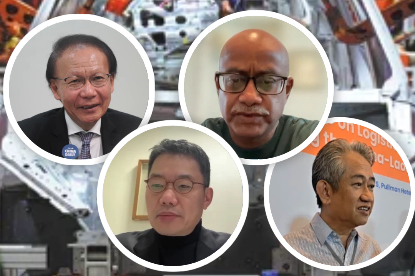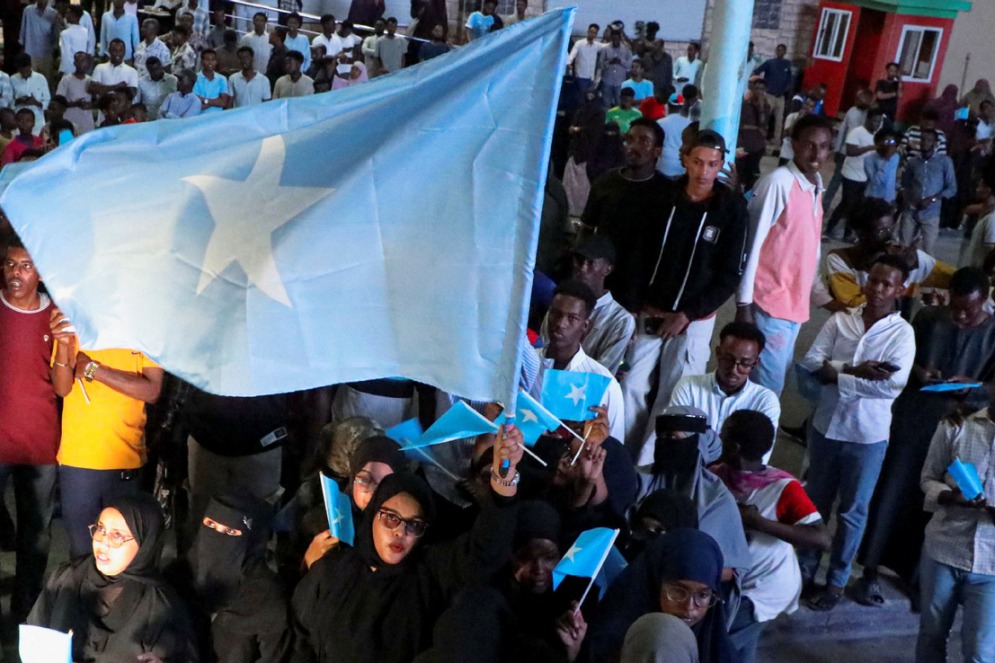Media: Seoul mulling new ambassador to Tokyo


In an attempt to improve ties with Tokyo following a string of disputes, Seoul is considering replacing its ambassador to Japan.
Nam Gwan-pyo, who stepped down on Thursday as second deputy director of the Republic of Korea's national security office, is most likely to be the new ambassador to Japan, the Seoul-based Yonhap News Agency reported.
Succeeding current Ambassador Lee Su-hoon, Nam would be someone who "places great importance on Seoul-Tokyo relations and can understand Japanese as well", while Lee is criticized by the media of having a "poor connection with Japanese political and business circles", the report said.
The Korea JoongAng Daily said Lee "failed to demonstrate his presence in Japan to the extent that his first lunch with Japan's Chief Cabinet Secretary Yoshihide Suga took place 15 months after he took office".
In contrast, appointing Nam, a man who once served as first secretary at the ROK's embassy in Tokyo in 1992, would be a way to "reflect President Moon Jae-in's willingness to explore a chance to improve ties with Japan", according to Yonhap.
In a speech on Friday marking the 100th anniversary of the launch of the March First Movement, a series of demonstrations against Japan's colonial rule, Moon avoided his usual direct criticism of Japan but pledged to strengthen cooperation with Japan.
"Cooperation with Japan will also be strengthened for the sake of peace on the Korean Peninsula," Moon said in the speech at a government ceremony, adding that "We cannot change the past but can transform the future. ... When the pain of victims is substantively healed through concerted efforts, the ROK and Japan will become genuine friends."
Tensions between Tokyo and Seoul had been ratcheting up recently over colonial-era crimes involving sexual slavery and forced labor as well as a military spat known as the "radar lock-on" dispute. The latest strain was sparked by ROK National Assembly Speaker Moon Hee-sang, who described Japanese Emperor Akihito as "the son of the main culprit of war crimes" who should apologize for the Korean women, known as "comfort women", that were forced into sexual slavery during World War II.
In response, Japanese Prime Minister Shinzo Abe said: "Speaker Moon's comments were extremely inappropriate and most regrettable. We protested strongly and called for an apology and a retraction."

































